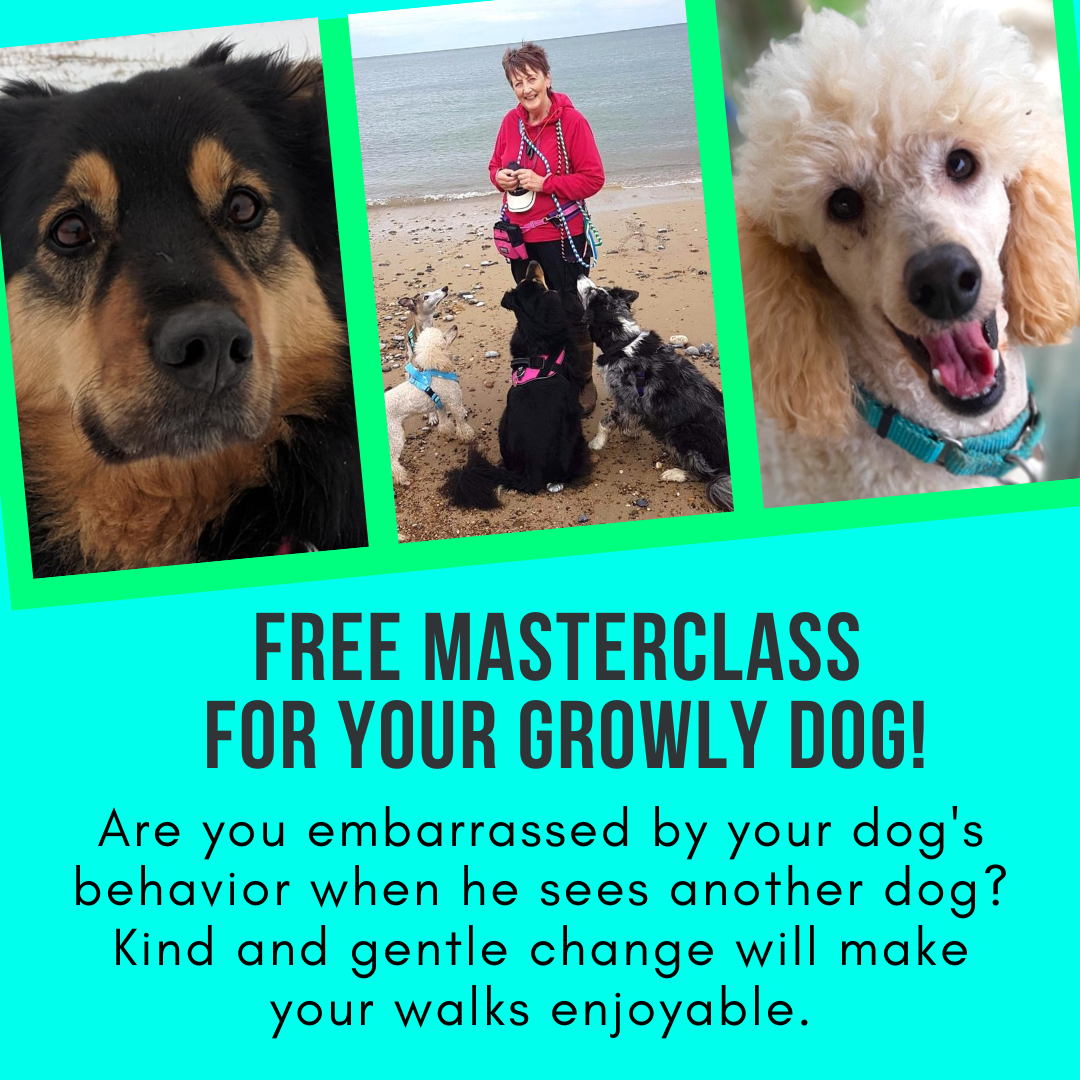Well, we’re coming up to the time of the Man in Red!
And I suppose it won’t go amiss to remind you of potential hazards for your dog - especially with visitors, children, general upheaval and chaos in the home.
Your usual routines and precautions may go out the window, and if you’re not careful this can have tragic results.
First, physical dangers:
Chocolate, raisins, sultanas, grapes - so mince pies, Christmas cake, Christmas pudding etc are all off limits. You don’t want to be spending your holiday at the vets!
There’s also ibuprofen (deadly), and xylitol (think sweets, low-calorie drinks), bits of plastic toys, packaging nasties, cooked poultry bones, alcohol, plates and glasses left on the floor, and doors left open (bye-bye dog!).
New Puppy
You need to protect your puppy’s routine as far as you can.
An over-excited, exhausted puppy flying about on adrenaline is not going to end well. Think ahead to plan how you can ring-fence his naps, and ensure people aren’t giving his immature digestive system unsuitable things to eat. (That’s trainer-speak for giving him the squits!) I’m sure carpet-cleaning is not on your holiday agenda.
Christmas decorations and baubles? Keep them out of the way of the pup! Like with our babies, everything is tested in the mouth.
You may need to put a playpen round the Christmas tree if he can’t resist all those pine needles and electric wires ..
Family Dog
This won’t be such a culture shock as for the new puppy. He should know where he can slope off to to find some peace. Be firm on visitors resisting those limpid brown eyes and not stuffing him with dangerous foodstuffs.
Teenagers have been known to think it funny to give alcohol to a dog. Remember, you don’t want to be spending Christmas with your dog on a drip at the vet’s.
Your family pet will be great for getting people to stop eating for a minute and go out for a walk. Let him run and dance and play! Snowballs optional.
Growly Dogs
For most of our reactive dogs we focus on keeping their life as calm as possible.
So keep this up as much as you can.
If you have visitors, be sure your dog has a safe place to retire to if it’s all too much.
And make sure your “But dogs love me!” visitors are kept under control!
If you have inquisitive children visiting, you may want to lock the door of the room your dog is sheltering in. It only takes a moment for things to go pear-shaped …
For all dogs!
Only ONE person should have responsibility for the dog. If you have to hand over responsibility to someone else while you’re busy, be sure you’re both quite clear on this.
You don’t want to hear, “But I thought YOU were watching him!” after some disaster …
If your dog is unused to visitors, pees with excitement, or gets over-stimulated at the doorbell, arrange to meet your guests outside the house.
So, keep all these things in mind, make a plan for your particular dog/s, and have a wonderful holiday!
(By the way, dogs don’t really like being dressed up and laughed at, in the main.)











